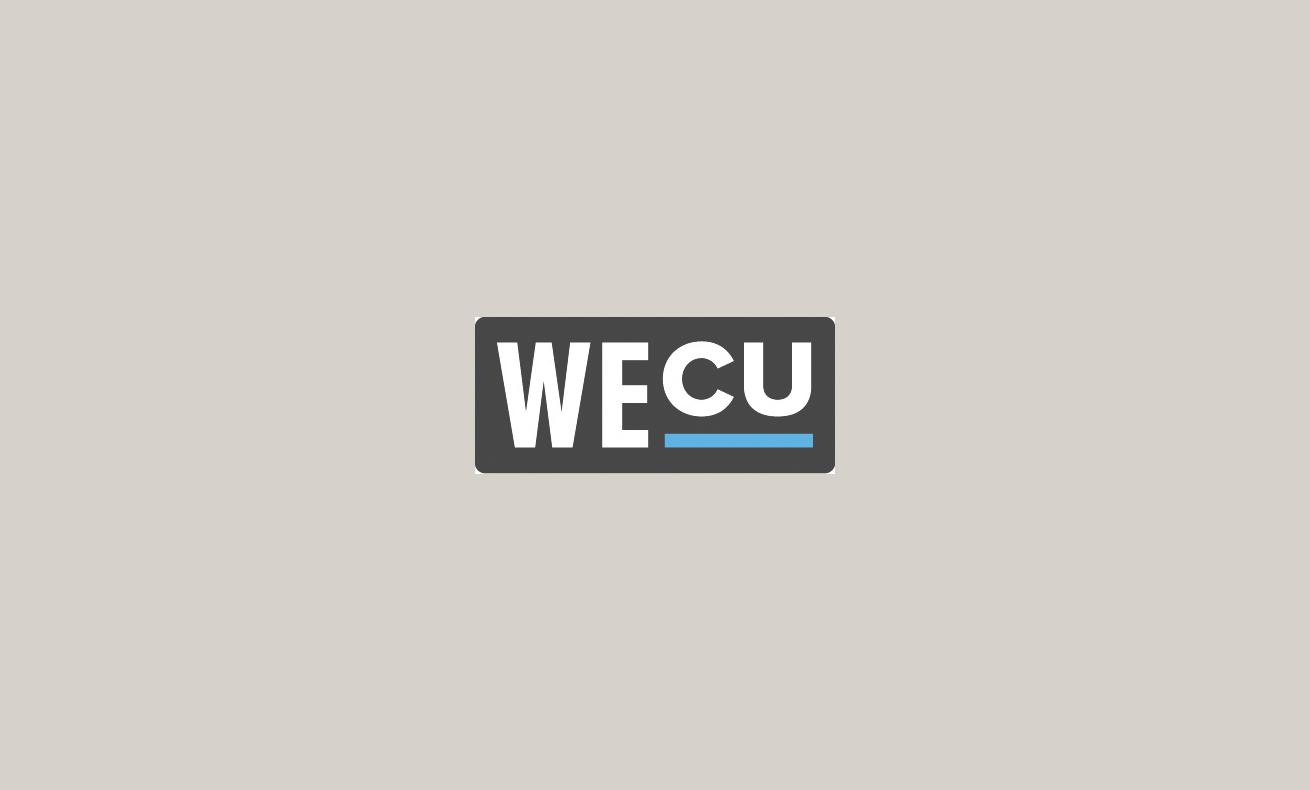If you were to get in a car accident, are you sure that you’d be properly insured? Do you know what kind of coverage you have and what it truly covers? Here’s a list of the basic types of coverage in an auto insurance policy and what they are used for.
Liability Coverage – There are two parts to liability coverage: bodily injury liability and property damage liability. Bodily injury liability helps cover the costs of injuries caused to another person if you are responsible for the accident. Property damage liability helps pay for the costs of damage done to another person’s property. The minimum requirements in Washington State are bodily injury liability coverage of $25,000 per person and $50,000 per accident and property damage liability coverage of $10,000.
Uninsured and Underinsured Motorist Coverage – This type of coverage helps you if the other person involved in the accident isn’t properly insured or their insurance doesn’t cover the full extent of the damage. In Washington State, drivers are required to have underinsured motorist bodily injury coverage of $25,000 per person and $50,000 per accident and underinsured motorist property damage coverage of $10,000 per accident.
Comprehensive Coverage – This helps pay for damage not caused by an accident with another car. Think things like broken windows, fallen tree branches, engine fires, etc.
Collison Coverage – If you are in an accident with another car or run into a different type of object (wall, telephone post, fence), collision coverage will help cover the repairs or replacement of your vehicle.
Medical Payments Coverage – This coverage helps with the costs of injuries caused by an accident, such as hospital visits, x-rays, surgery, and so on.
Personal Injury Protection – Similar to medical payments coverage, personal injury protection helps pay for medical expenses, but may also cover associated costs such as lost income and increased childcare. Washington State drivers must have at least $10,000 per accident in basic personal injury protection.
Collateral Protection Insurance (CPI) – Washington State only requires you to have liability coverage, underinsured motorist coverage, and personal injury protection, but your lender may require you to have more than that in order to protect the vehicle being used as collateral. Here at WECU, members with auto loans are required to have liability, comprehensive, and collision. If that insurance isn’t provided by the member, WECU will place insurance on the vehicle and the costs will be included in the loan total. CPI only protects the lender’s interest in the vehicle, so it is always a better option to get your own when possible.
